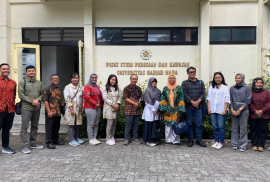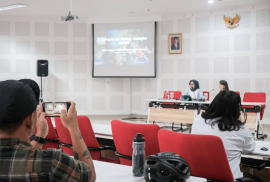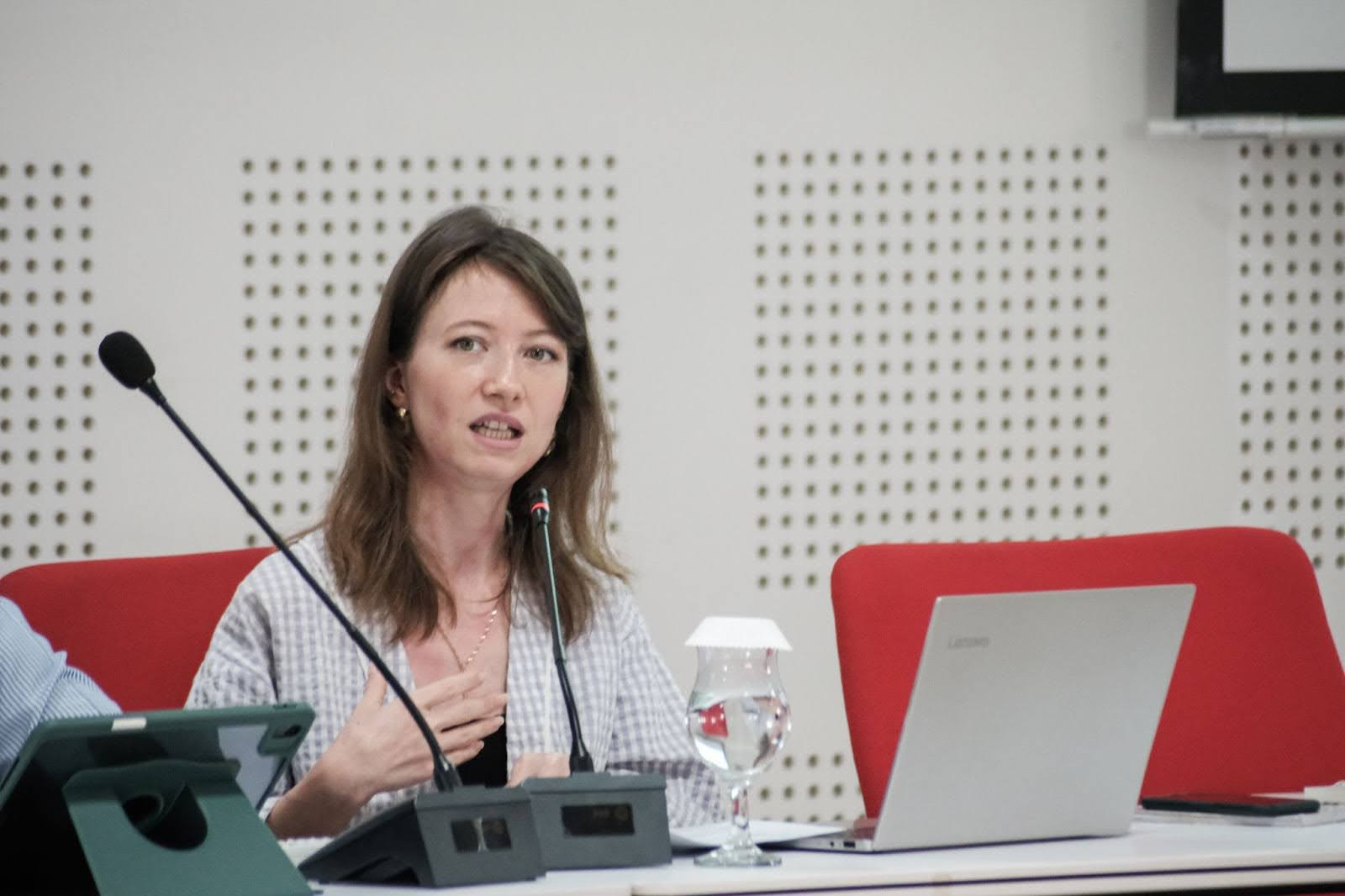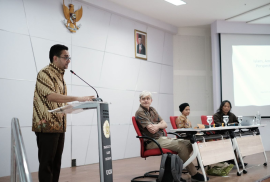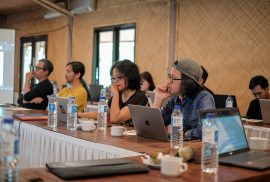On Sunday, October 20, 2024, Dr. Sita Hidayah Ph.D as the representative in charge of the Independent Campus 2024 Competition Program conducted a half-time evaluation of the implementation of research in Pandansari Village, the discussion which was held in the PTPN IX Kaligua Agrotourism area was attended by ten PKKM research and village development scheme participants. The research scheme participants who had departed earlier on October 9 presented findings related to each topic studied ranging from agriculture, tourism, education, irrigation, and forestry, this progress according to Dr. Sita Hidayah is very interesting and can be further developed into research that has novelty.
As for the participants of the village development scheme, this opportunity will be used to realize a program entitled Waste Management Mapping in Pandansari Village: Solutions Based on the Use of Titen Application. This program will specifically be implemented in Dukuh Kalikidang and Embel, through this program it is hoped that the community can participate in mapping waste management problems in the surrounding environment with the “Titen” software application developed by the Anthropology Department.
Pandansari Village itself is not the first time to become a research locus for UGM anthropology students because of its complex and very interesting agricultural culture dynamics to be studied anthropologically, the results of the research that have been carried out are expected not only to fulfill writing assignments, but also to benefit the local community. By focusing on environmental, economic, and inequality issues, the research seeks to achieve sustainable goals in accordance with SDG 8, SDG 10, and SDG 15.
[HUMAS FIB UGM, Author: Novilatul Ananda Ramadhani, Editor: Sandya Kirani]


